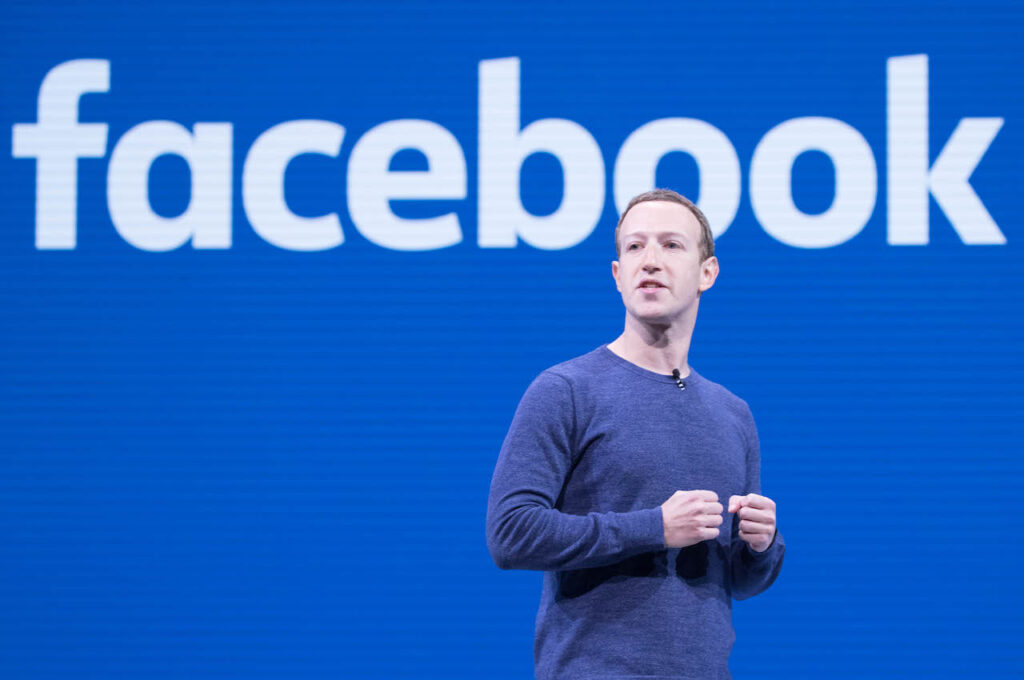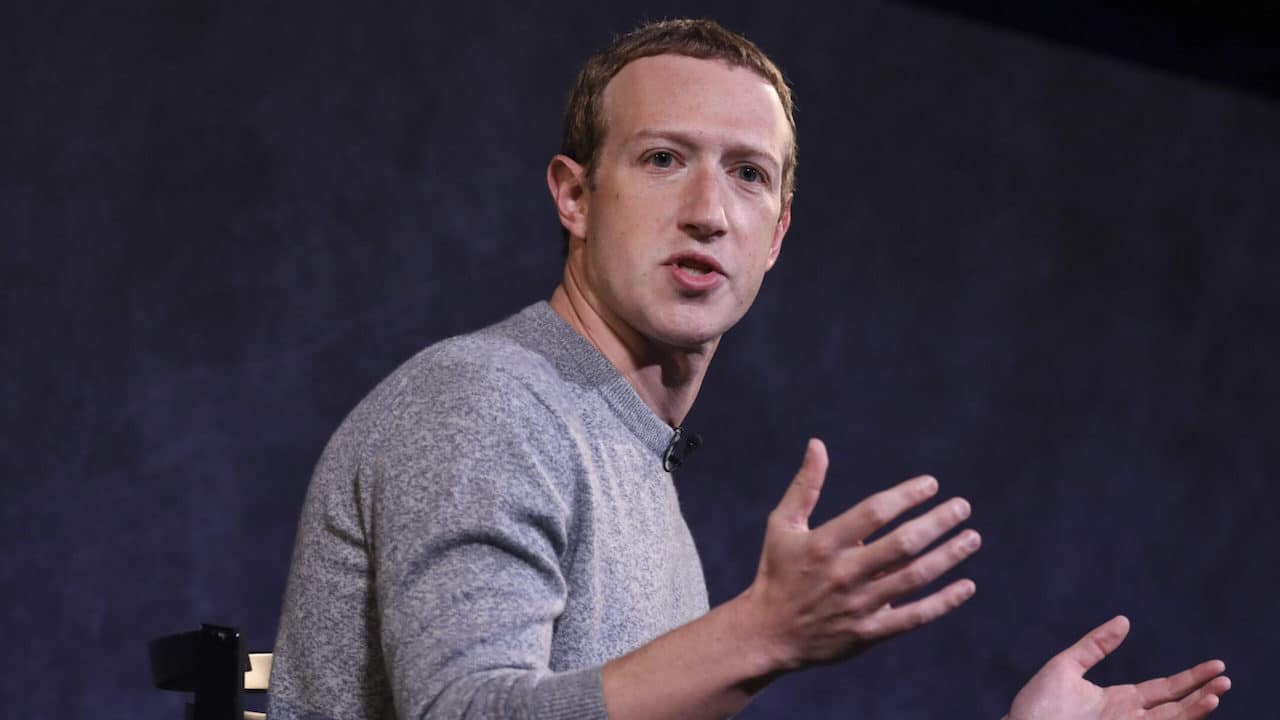Facebook CEO, Mark Zuckerberg, has an ambitious initiative. The company’s future would go far beyond its current plan to create a series of connected social apps and some hardware to support them: Facebook would like to build an interconnected whole of experiences coming directly from science fiction, a world known as metaverso.
Mark Zuckerberg is increasingly convinced: the future Facebook and the internet is the metaverse
The term metaverso was coined in Snow Crash, a science fiction novel by Neal Stephenson from 1992, and refers to a convergence of physical, augmented and virtual reality in a shared online space. And the metaverse is now ridden by many companies. Earlier this month, The New York Times talked about how companies and products including Fortnite, Roblox and even Animal Crossing: New Horizons had more and more elements similar to the metaverse.
In January 2020, an essay by Matthew Ball set out to identify the key features of a metaverse. Among them: must embrace the physical and virtual world; contain a full-fledged economy; and offer “Unprecedented interoperability”: Users must be able to carry their avatars and possessions from one place in the metaverse to another, regardless of who manages that particular part of it. Basically, no company will manage the metaverse: it will be an “embodied internet,” said Zuckerberg, managed in a decentralized way by many different actors.
According to Mark Zuckerberg, the CEO of Facebook, the metaverse will offer tremendous opportunities for individual creators and artists; to individuals who wish to work and own homes away from today’s urban centers; and to people living in places where opportunities for education or recreation are more limited.

The interview with the CEO of Facebook
The Verge published an interview with the CEO of Facebook occurred on Zoom, as the metaverse is not yet available. They discussed the future of the internet, the challenges of governing a future virtual universe, and the gender imbalance in today’s virtual reality.
You’ve told your employees that your Facebook future vision isn’t the two-dimensional version we use today, but something called a metaverse. So what is a metaverse and what parts of it is Facebook planning to build?
Mark Zuckerberg: The metaverse is a vision that spans many companies, the entire industry. You can consider it as the successor to the mobile Internet. And it’s certainly not something a company will build, but I think a large part of our next chapter will hopefully help build it, in collaboration with many other companies, creators and developers. But you can think of the metaverse as an embodied Internet, where instead of just viewing the content, you’re in it. And you feel present with other people as if you were in other places, having different experiences that you might not necessarily have on a 2D app or web page, like dancing, for example, or different types of fitness.
The metaverse is not just virtual reality. It will be accessible on all of our different IT platforms; VR and AR, but also PCs, but also mobile devices and game consoles. Many people think of the metaverse as being primarily about gaming. I think entertainment is clearly going to be a big part of all of this, but it’s not going to be just that.
This description seems more like the metaverse that we may be familiar with from books like Ready Player One or Snow Crash, or perhaps like Fortnite today, where some of the most important aspects of our life, including our work, are experienced and realized within these. virtual spaces. Are these good analogies for the kind of world you are talking about?
Mark Zuckerberg: What I’m excited about is helping people offer and experience a much stronger sense of presence with the people they care about, the people they work with, the places they want to be. I don’t think it’s mainly about spending more time on the internet. I think it’s about being involved in a more natural way.
And today, I think of the computer platforms we have. We have smartphones, which are relatively small. Most of the time we mediate our lives and our communication through these little glowing rectangles. I think people aren’t meant to interact like that. During meetings we look at a grid of faces on the screen, but that’s not good. We are used to being in a room with people and having a sense of space. We find it hard to remember what is said during meetings because the interlocutors all seem the same, and they blend together, because we have no sense of presence in the space.
What virtual and augmented reality can do, and what the metaverse in general will help people experience, is a sense of presence that I think is much more natural to how we are made. And I think it will be more comfortable. The interactions we will have will be much richer, they will feel real. You will be able to sit like a hologram on my sofa and it will feel like you are in the same place, even if we are in different states or hundreds of miles apart. So I think it’s really powerful.
You can listen to The Verge’s full interview with Mark Zuckerberg below, or read the transcript in the magazine article.















Leave a Reply
View Comments